Calming Drops For Dogs And Cats With Anxiety & Nervousness
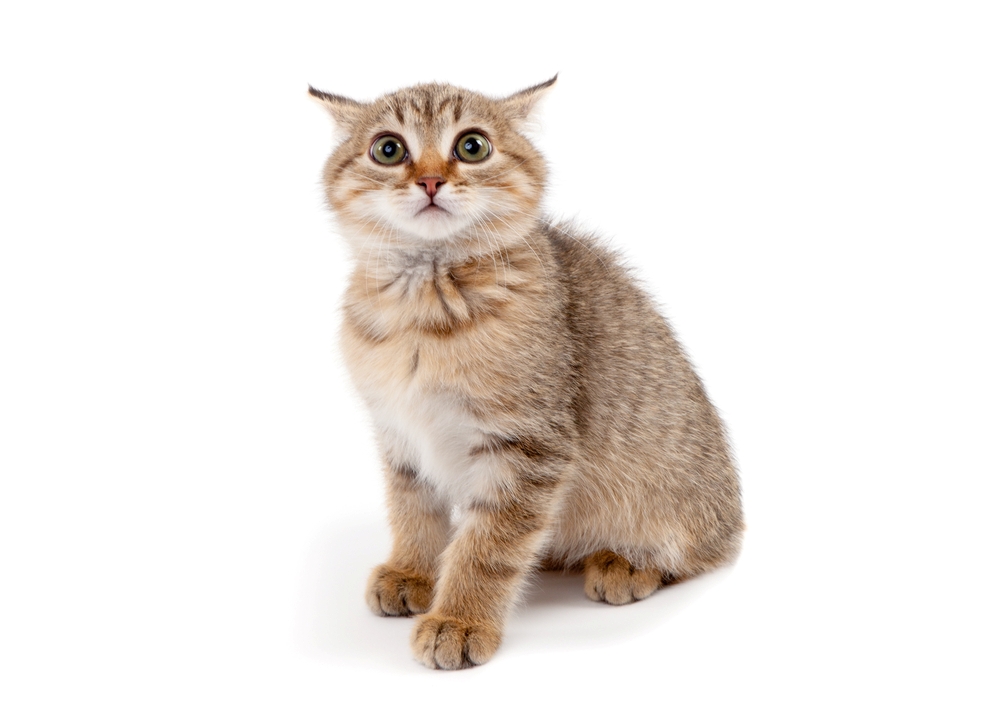
How To Help Your Cat Or Dog With Anxiety
Dogs and cats can experience anxiety and stress just like humans. Cats and dogs are creatures of habit. Some pets may just naturally be more skittish, while others may have difficulty with changes to their routine. Simple changes in your work schedule or bringing a guest to the house can affect some sensitive pets. Some breeds may be more genetically inclined to need a companion and have difficulty being alone. Rescued animals may have endured hardships before they came into our lives and may have developed fearful behaviors as a result. Regardless of the reason, anxiety and stress can affect your pet’s health, so it’s important to do all you can to help them feel safe and comfortable. Calming drops for dogs and cats, along with a consistent routine (e.g. regular feeding and exercise times) can greatly improve your pet’s quality of life.
Pet Calming Drops For Anxiety & Stress
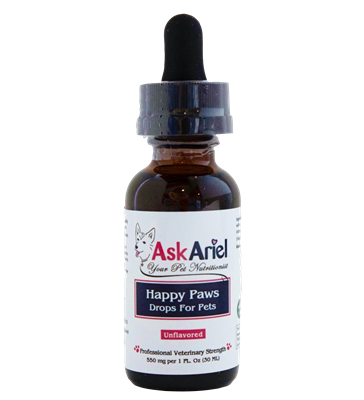 Happy Paws Organic Hemp Extract - Natural, veterinary strength calming drops that can give much-needed stress relief to your dog and cat. Happy Paws Drops are unrivaled in quality and can benefit your pet in so many ways. Made with NON-GMO, all organic ingredients and manufactured in the USA. Independent laboratory tested for purity. This unflavored non-psychoactive tincture is an effective way to help improve your pet's overall well-being. Excellent value. Has been used successfully for many dogs and cats with anxiety. Happy Paws Organic Hemp Extract - Natural, veterinary strength calming drops that can give much-needed stress relief to your dog and cat. Happy Paws Drops are unrivaled in quality and can benefit your pet in so many ways. Made with NON-GMO, all organic ingredients and manufactured in the USA. Independent laboratory tested for purity. This unflavored non-psychoactive tincture is an effective way to help improve your pet's overall well-being. Excellent value. Has been used successfully for many dogs and cats with anxiety.
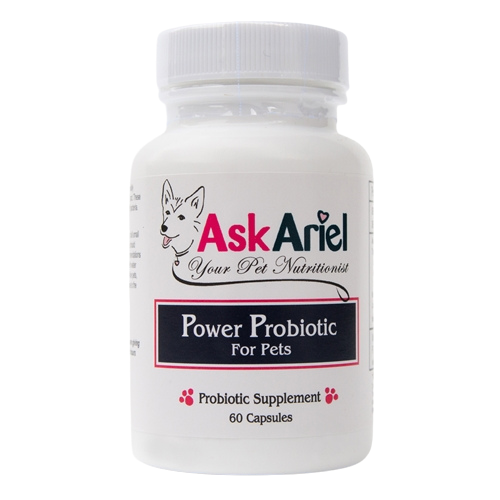 Power Probiotic - Many pets with anxiety also suffer from digestive upset. In fact, acid stomach and indigestion can cause pets to have anxiety. If you see your cat or dog hunched over after meals, panting or vomiting, chances are they are experiencing digestive discomfort. Stress and digestive problems in pets often occur together. Stress can cause vomiting and diarrhea in some pets. Power Probiotic is gentle and effective multi-strain probiotic blend to support digestion, help fight infection and enhance overall immunity. Easy to administer. Most pets love the taste! By improving your pet's digestion, you can also help improve their overall quality of life and happiness. Power Probiotic - Many pets with anxiety also suffer from digestive upset. In fact, acid stomach and indigestion can cause pets to have anxiety. If you see your cat or dog hunched over after meals, panting or vomiting, chances are they are experiencing digestive discomfort. Stress and digestive problems in pets often occur together. Stress can cause vomiting and diarrhea in some pets. Power Probiotic is gentle and effective multi-strain probiotic blend to support digestion, help fight infection and enhance overall immunity. Easy to administer. Most pets love the taste! By improving your pet's digestion, you can also help improve their overall quality of life and happiness.
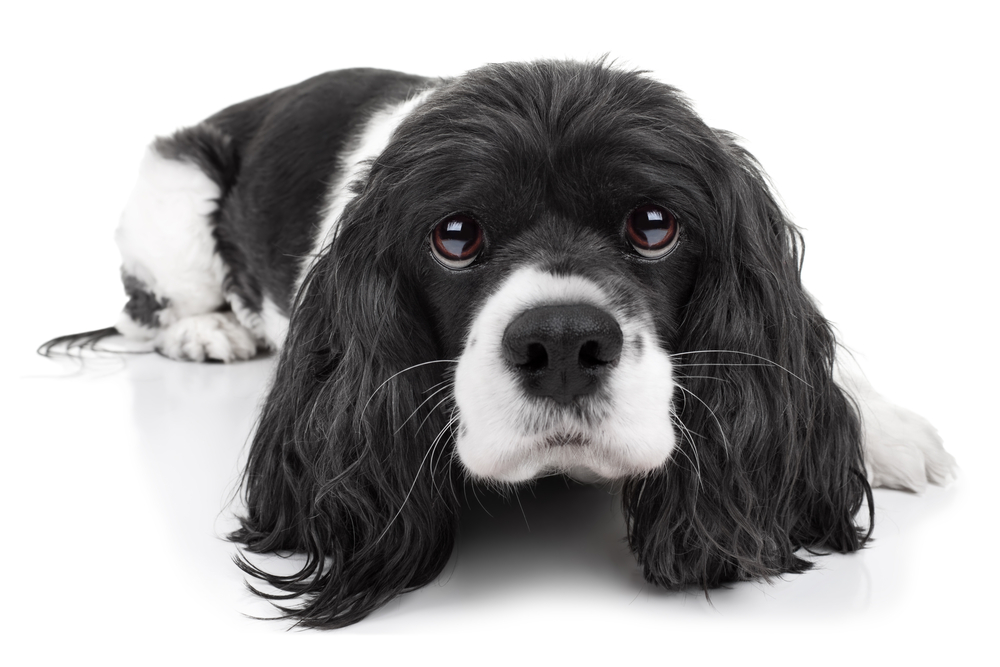
Managing Stress and Anxiety in Cats and Dogs
While animal lovers may recognize and acknowledge their pet’s unique personality and emotions, to many people....our pets are "just a dog" or "just a cat". Sadly, they are mistaken. Pets have feelings just like people do. A pet’s emotional and stress levels not only impact their behavior, but they can affect their health too. Cats and dogs want to be near us, they want to please us and they can get lonely and scared like we do. To the surprise of many people, cats and dogs perceive and internalize their owner’s feelings and behavior far more than their owners may know. They feel sad when we are sad, they feel stressed when there is discord, sickness or fighting in the household and they know far more than people give them credit. Cats and dogs are creatures of habit, in-sync with their people and the everyday routines that go on in their households. Changes to your work schedule, changes to their feeding or exercise schedule or introducing new people or pets to the home can create stress and anxiety for your dog or cat.
Rescue pets can be more likely to exhibit signs of anxiety as they may have experienced cruelty, abuse or neglect in previous homes. It can take time for any new pet, especially rescue pets, to adapt to a new environment. You will never know how they will react until you bring them home. It can take time and patience to help your rescued pet feel safe and comfortable. If you give them space and security, they will start to build trust and this can become the cornerstone of your relationship.
Exercise is also a very important factor in a pet’s emotional health, especially if you have a working dog breed such as a Siberian Husky or Australian Shepherd. The highly intelligent German Shepherd needs a job to do and can become bored and stressed without exercise and stimulation. Have you ever heard that a tired dog is a happy dog? A dog or cat that has had exercise and mental stimulation and that has a regular routine every day will be less likely to exhibit signs of stress and anxiety. By combining these activities with anxiety drops for dogs and cats, you can help build confidence, ease fears and reduce stress in your pet.
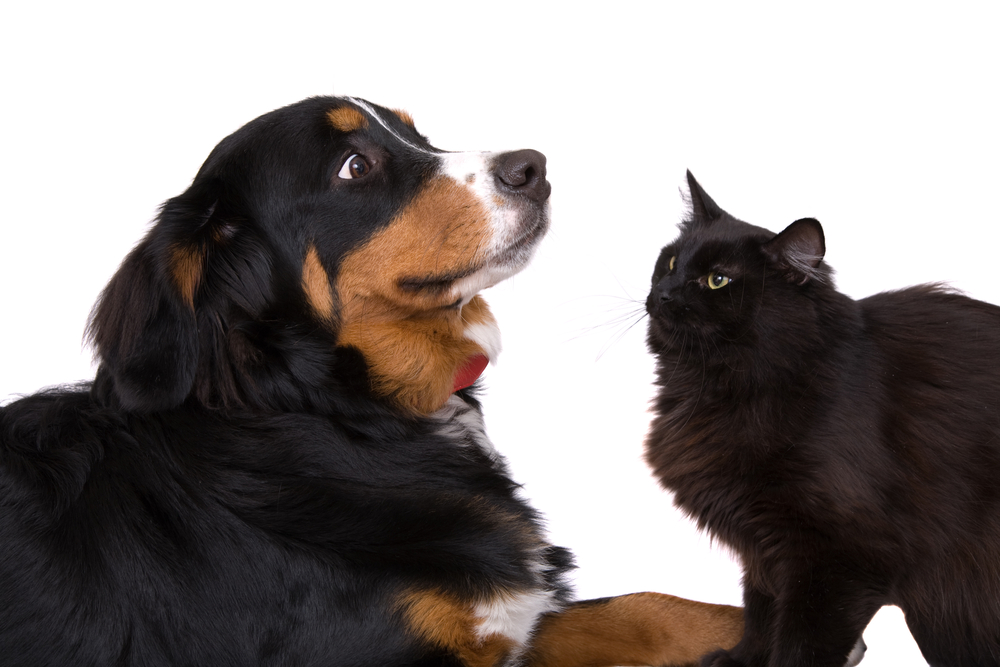
Common Causes of Anxiety in Cats and Dogs:
Many different factors can cause anxiety and stress in dogs and cats. It is important to understand the cause of your pet’s stress so that you can help them to feel more peaceful and calm. By avoiding potential stressors, engaging in consistent exercise, spending quality time with your pet, making a quiet space (a crate or separate room) and adding natural anxiety supplements you can create a routine that helps to keep your dog or cat anxiety free.
Fear-related anxiety can be caused by loud noises, activities or other people and pets. Fear-related anxiety can be a situation such as when your pet is afraid to go in the car or visit the vet. It can also include the fear of another pet or person. Bringing a new pet home who is the alpha animal can cause stress and anxiety as both cats and dogs have a social hierarchical structure. Other situations such as noises or neighbors can be stressful. Noise-related fear anxiety usually occurs during thunderstorms or fireworks but can be a reaction to any loud sound. Some dogs and cats have noise phobia from the sound of a vacuum cleaner. Social-related fear anxiety generally occurs when a young kitten or puppy is not socialized. It may become anxious or stressed around other animals or new people. Common signs of fear-related anxiety are:
Hiding
Aggression toward other animals or people
Vocalization
Lethargy
Drooling or panting
Shaking
Pacing or restlessness
Vomiting or inappetence
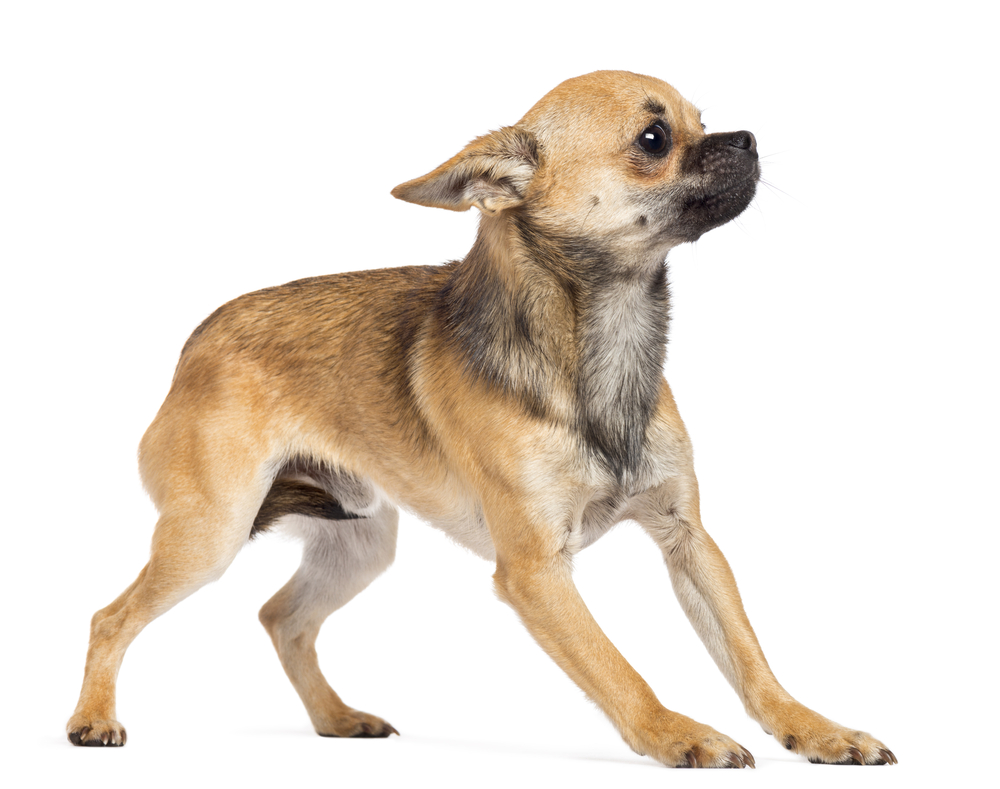
Separation anxiety is when a cat or dog becomes stressed or anxious due to separation from its owner or another pet with which it has bonded. Dogs may panic and act out with destructive and inappropriate behaviors. This is more common in dogs and quite rare with cats. Dogs can go to extraordinary lengths such as tearing out baseboards or climbing curtains when they experience separation anxiety. Pets that have experienced abandonment or neglect and those that have had multiple homes are more likely to exhibit separation anxiety. A dog with separation anxiety might bark, howl, urinate, defecate, chew, dig or try to escape. Some dogs will try to chew through drywall or will scratch at a door for hours and hours. They may even hurt themselves while trying to escape. Dogs that have been adopted from a shelter or rescue are more likely to have separation anxiety and unfortunately, it is one of the most common reasons that they are returned. Common signs of separation anxiety are:
Vocalization(crying, whining, barking)
Panting or pacing
Refusing to eat or drink
Urinating and defecating in inappropriate places (even when housetrained)
Excessive licking and/or self-grooming
Destructive behavior (clawing and scratching at doorways, crates, windows)
Seizures (dogs with epilepsy are often more anxious)
Easing separation anxiety is usually not a quick fix. These animals may have been abandoned by a previous owner at the shelter, lost a parent due to death or divorce, gained a new human “sibling”, or had a major change to the amount of time spent alone. Positive reinforcement and a normal routine, with lots of walks and play time, can help your dog feel more comfortable and secure. Many pets with separation anxiety can greatly benefit from a pet sitter or bringing them to a doggie day care facility. Having another outside person (a pet sitter) who your dog trusts and bonds with can bring much needed relief to your dog (when you are not home) and your family.
Age-related anxiety affects older dogs and can be associated with Canine Cognitive Dysfunction (CCD) or doggie dementia. As pets age, their mental acuity and awareness begins to decline, leading to confusion and anxiety. Some senior pets can develop sundowning syndrome, where they experience episodes of agitation and pacing, barking at nothing and severe anxiety in the evening. Sundowners syndrome can be traumatizing to watch as pets may not respond when their name is called, giving the impression that their hearing is impaired. Doggie dementia can cause some dogs to stay up all night pacing.
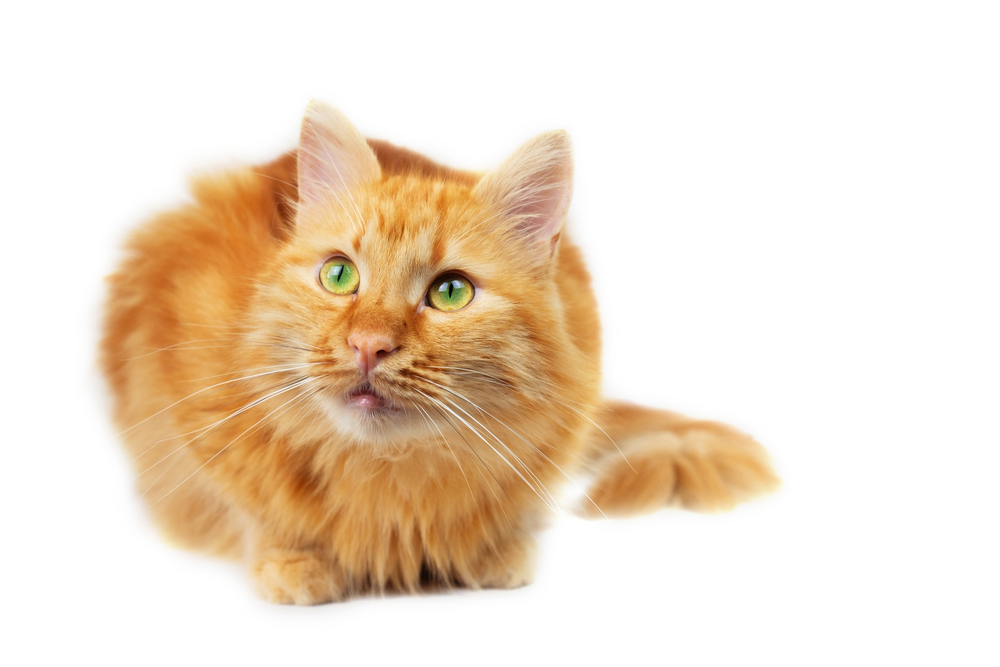
Secondary Health Problems Caused By Stress and Anxiety in Dogs and Cats
Chronic stress in pets can have a profound effect on their overall health. It suppresses the immune response, making them more susceptible to secondary health conditions. One commonly observed stress-related condition is when pets lick obsessively. Dogs and cats can lick excessively developing a skin infection or lick granuloma. Dogs may lick obsessively at the lower portion of a limb due to anxiety.
Cats are very sensitive to their environment and can develop OCD (obsessive-compulsive behaviors) when their sense of security is threatened. They are territorial by nature and something as trivial as moving a food bowl or their cat tree can create so much stress that it can cause a physical illness.
The overall well-being of a stressed pet can be affected, so it is very important to try manage their anxiety. When pets are stressed, excess cortisol (fight-or-flight hormone) production can increase blood pressure, stress the heart, weaken immunity and cause digestive problems.
In addition to lick granulomas and behavioral issues, two other common secondary health issues caused by stress and anxiety include:
- Inflammatory Bowel Disease (IBD) & Irritable Bowel Syndrome (IBS): One of the most common physical reactions to stress for cats and dogs is digestive upset, such as vomiting or diarrhea. If stress and anxiety are not controlled, the flare-ups of inflammation and stomach upset can increase. Long-term IBS and IBD can lead to colitis, ulcers and intestinal lymphoma.
- Chronic Urinary Tract Infections: Stress appears to influence the recurrence and severity of urinary tract infections. Many stressed pets, especially cats, will get one UTI after another and may also develop interstitial cystitis.
Need Help?
We understand how hard it is when your pet is suffering from stress and anxiety and we will do all we can to help. Please email us at [email protected] with any questions you may have about our calming drops for cats and dogs. Please note that we cannot provide consultative advice due to veterinary regulations, but we will be happy to provide articles and information so that you can make an informed decision about what's best for your pet.
|
|
|
What can I give my dog for anxiety?
Dogs can have anxiety for different reasons. Some dogs, especially rescue dogs, may have experienced neglect or mistreatment before you had them, making some wary or mistrustful of strangers. Some dogs are just naturally nervous and wound up. Situations such as a visit to the vet can make dogs anxious as can loud sounds such as thunder, fireworks or even the vacuum cleaner. Doggie dementia (Canine Cognitive Disorder) can also cause dogs to experience anxiety. Dogs can vocalize (howling), hide or become aggressive when fearful or left alone. You can reduce your dog’s anxiety with lifestyle changes and pet calming drops. Happy Paws Organic Hemp Extract is a professional veterinary strength hemp oil that has a calming effect to help reduce anxiety and fear. These natural products can help your dog’s anxiety without the potential side effects that can come with prescription medications. You can also help your dog feel safe by avoiding stressful situations (keeping your dog away from company if they are wary of strangers) or bringing your dog to a pet playgroup when you have to leave your dog alone for a long period of time.
What can I give my cat for anxiety?
Cats can be especially anxious about changes in their environment. A guest at the house, new noises from the neighbor or another pet in the house can be triggers. Does your kitty hide often, have sores or bald spots due to grooming incessantly, refuse to use the litter box, started urinating in unusual places or having stress-related diarrhea? These can be signs of anxiety in cats. Cats are creatures of habit and can develop OCD (obsessive-compulsive behaviors) when their sense of security is threatened. Sometimes cats can appear to be stressed for no reason, but there usually is a reason and you have to investigate what that is. Doing all you can to help your kitty feel safe in their environment can be challenging especially if triggers are noises from outside that you have no control over. Using calming drops for cats can be a big help to keep your kitty from getting overly anxious. Happy Paws Organic Hemp Extract are calming drops for cats that can have a more immediate anxiety-reducing effect for cats. Many stressed cats can develop urinary tract infections and diarrhea. Using a multi-strain probiotic, like Ask Ariel’s Power Probiotic, can reduce the effect of the stress on your cat’s immune system, reducing episodes of diarrhea and frequent infections.
What is the best calming aid for dogs?
The best anxiety supplement for dogs should help them relax, not fall asleep. While prescription medications for anxiety in dogs may be prescribed, using a natural remedy is a more effective, long-term solution. The best way to help your dog calm down is to determine what the source of their anxiety is. Some dogs develop anxiety due to canine dementia. Some have situational anxiety from going to the veterinarian’s office. Some breeds are just naturally nervous. There are many other reasons such as stress in the household, a history of being neglected, changes in your dog’s space or the owner’s lifestyle (having to be left alone for much longer time). It’s important to do all you can to help your dog feel more secure by making lifestyle changes, but using Happy Paws Organic Hemp Extract can help ease your dog’s discomfort. These professional veterinary strength calming drops are made with NON-GMO organic ingredients and manufactured in the USA. This unflavored non-psychoactive tincture is an effective way to improve your pet's overall well-being.
What are cat anxiety symptoms?
Cats with anxiety may exhibit a wide range of symptoms. Most signs are behavioral, like excessive meowing, hiding, trembling, destructive clawing and scratching, aggression towards other pets or people, and over-grooming. Other cats will display symptoms that can affect their health: changes in activity level, vomiting and refusing to eat or drink. Long-term stress and anxiety in cats can lead to IBD and chronic urinary tract infections. By using a few natural supplements and providing a safe, routine environment, you can help ease your kitty’s stress and anxiety.
|
|
|